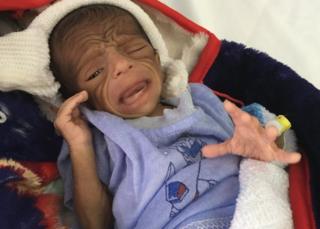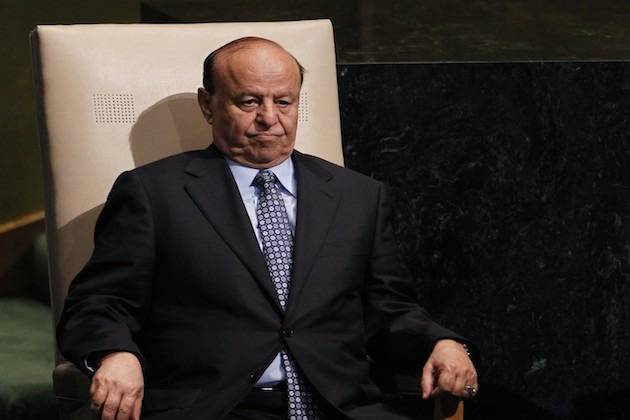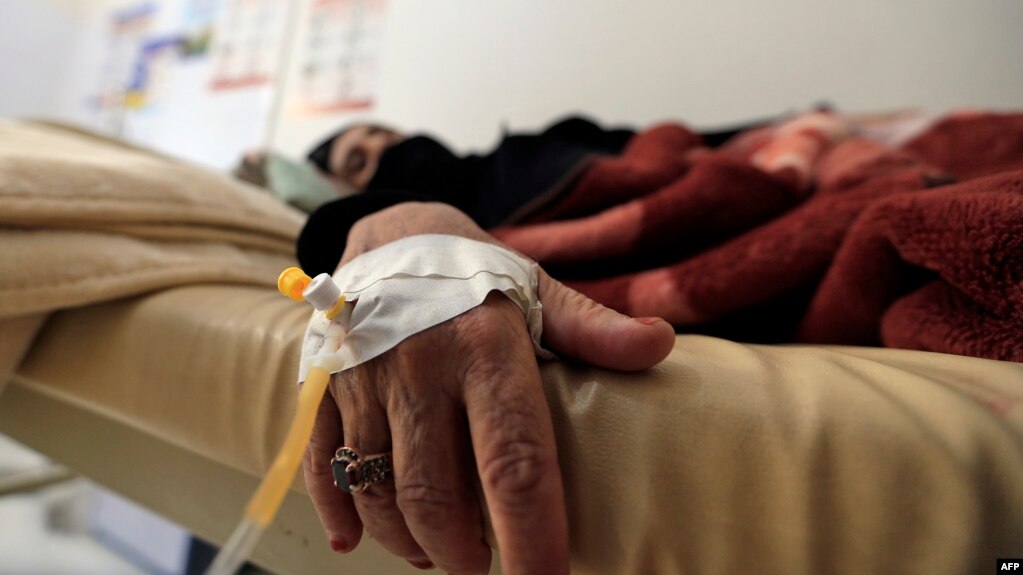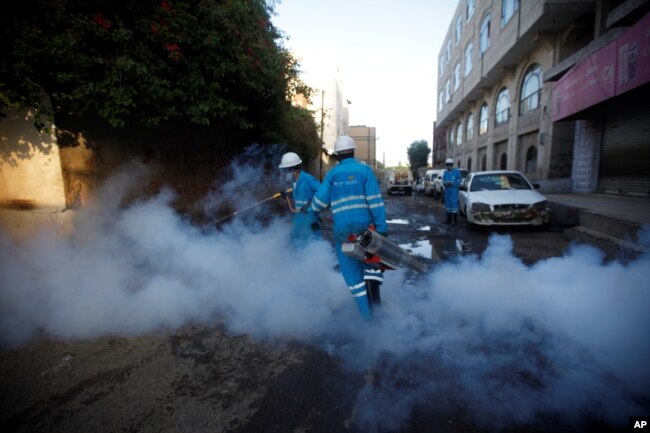Annie
Diamond Member
- Nov 22, 2003
- 50,848
- 4,828
- 1,790
Many links, prayers needed:
http://armiesofliberation.com/archives/2005/07/20/huge-riots-in-yemen
http://armiesofliberation.com/archives/2005/07/20/huge-riots-in-yemen
7/20/2005
Huge Protests in Yemen
Twenty dead, hundreds injured, no photos allowed
Update:
Crowds then turned on the police and military with sticks and rocks. The scenes, repeated in other cities throughout Yemen, left the city in a state of shock.
The current death toll stands at 6 in Sanaa, 3 in Dhamar, and 6 in Dhali. Dozens more people have been injured, according to local media reports. Theres no official statement to confirm or deny the figures above.
Several banks were attacked in Sanaa, including the Central Bank of Yemen, as well as a number of governmental institutions, among them the headquarters of the Ministry of Oil & Minerals and the Ministry of Finance, and several other government buildings.
After 25 years of President Salehs rule, Yemen is among the most impoverished in the world, illiteracy is near 50%, and unemployment is very high, while the countrys elites have become richer and more powerful. They are so powerful, the ruling party this week closed down a lawful political oppositon party by taking over its headquarters and newspaper at gunpoint.
Saleh is reputedly worth 20 billion. Economic reforms repealing goverment subsidies on commodity items were instutited yesterday, the impact of which will be felt most keenly by the poor who are barely sustaining themselves now. The massive governmental corruption, noted as among the pervasive in the world, has not been addressed. So again the Yemeni people pay the price for the privileged postions of those in power. This time theyre protesting.
Yemen Times: Observers expect massive rallies across the country after the death of at least 15 civilians in violent demonstrations mainly in the cities Sanaa, Dhamar and Dhale. The demonstrations were caused by anger due to the governments decision of raising the prices of petroleum directive products between 50% and 100%.
Thousands of angry men took into the streets in the capital Sanaa and set fire to tires, blocked streets and hurled stones at the prime ministers office while shops closed for fear of looting.
Demonstrators shouted slogans attacking Bagammal and the ruling party of President Ali Abdullah Saleh.
Police, using tear gas and water cannon to control the crowds, blocked off the house of Vice President Abd-Rabbu Hadi where protesters converged.
This is a natural reaction because the governments reforms are a lie and we cant take it any more This government is making the rich richer and the poor poorer, said one young man in Sanaa.
Opposition parties say such measures will increase pressure on the poor and demand instead a crackdown on corruption, which they blame for Yemens economic problems.
These are not the protests begging Saleh to stay in power that some of his loyalists were predicting here yesterday. This the people putting the blame where it belongs.
YO: Eight deaths have, as of Wednesday mid-afternoon, been confirmed following violent confrontations between police and protestors against the rise in fuel prices
Soldiers entered a building in search of a journalist who had been on the roof taking photographs of the scenes below, but they did not find him. The taking of photographs is not allowed, declared one solider.
This is our only option to make our feelings known and exercise our rights. What else can we do to make government listen? said one of the protestors.
The price of petroleum for has risen by around 90%, while the price of gas has gone up to 400 YR a cylinder, an increase of almost 80%.
Im very worried. Theres 20 deaths already and over a hundred injured.
Quoting Mad Dog Vinnie: We need to stand up and support these people in their quest for freedom.
In recent news report, Al-Sahwa website of Islah party reported demonstrations all over the country, including Sanaa were people headed towards presidential palace in Sanaa and governors offices elsewhere.
As the deaths in demosntrations of Djhale are reported to be 5, a man
called Mohammad dal-Rai was shot dead in Hezyaz (Taiz Road) in Sanaa
when demonstrating with others against the new price hikes. Tens of wounded are also reported.
There were riots in Sanaa down town areas, including attacks on shops
and public buildings. The police is using batons and tear gas , as well as shooting in the air to spread the demonstrators. Car burning incidents were reported.
The prices of basic commodities like rice and sugar multiplied, while it
is very difficult to find a public transportation means like minibuses
or taxis. Many drivers and gas station owners are on strike.. Personal news from Rada say that some shooting is taking place as well,
so is in Mareb.
About half of the people in Yemen are at the malnutrition level of poverty, due to years of corruption and mismangement. A reform dose increasing all commodities including gas and food just went into effect. Petrol went up from 35YR to 74YR, diesel from 15 to 65 rial, cooking gas from 234 to 400.
e Nasserite Unionist party, reported in its website now that demonstrators in Hail and Raqas streets in Sanaa are shouting there is no God but God, the government is the enemy of God".. At 11:00 AM, smoke of fires is seen in Hasaba, Qahira, Sheraton, and Taiz road, the website said, saying that police shot at demonstrators in Hasaba in front of GPCs headquarters.
In Mareb , citizens were said to cut off main roads calling people and the army to confront the new price madness. At the airport road , news of demonstrators trying to force people out from cars and buses are reported.
A photographer of Al-Wahdawi paper in Saba round are (Qiyuada road) was arrested, while security troops heavily damaged the car of correspondent of Al-Khaleej paper of the UAE who was trying to cover the demonstrations.
more: Tribes of Mareb block roads
A tribal source in Mareb told RAY news that Obeida tribe has banned 11 oil tankers from leaving Mareb to other governorates. AL-Shabwan tribe of Obeidah are also occupying the Wadi district which overlooks the road in and out of Mareb. The source told the news service that there are news that the tribes are surrounding oil refineries as well.
Meanwhile, Nasim tribes in Markha are blocking the passage of any government car until the government cancels its yesterdays decision.
Hundreds of tribal sheikhs and men are gathering in front of the Jawf
governorate HQ and are planning to address a letter of protest to the government on the recent price hikes. Jawf tribes had cut of roads as well.
Said Jane @ 6:41 am








